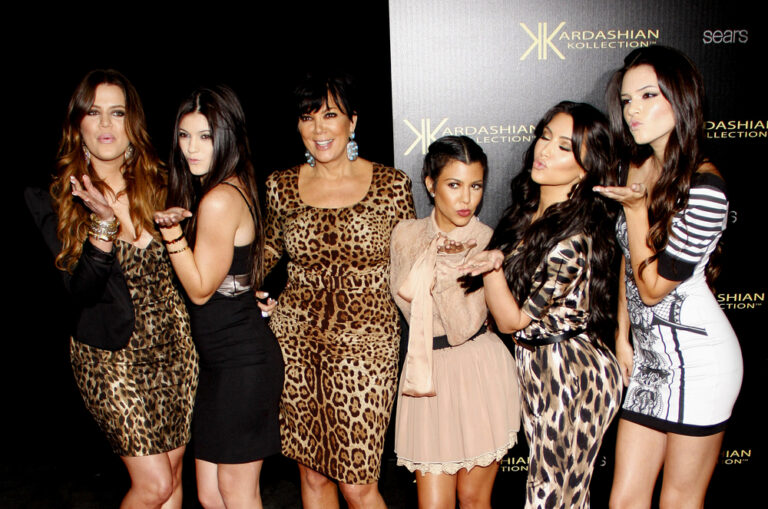
fciwomenswrestling.com femcompetitor.com, Pexels.com Wendel Moretti photo credit
April 4, 2019,
Abundant in finance, successful in a career, extremely good looking, witty, enjoyable to be around in many ways, describes today’s woman.
She most likely feels good about that.
Many modern day women profoundly feel something else and you might be surprised as to what it is.
Very lonely. And?
Disconnected.
They have friends, business associates and even family yet feel they have no real intimacy in their lives or someone that they can deeply speak to about what troubles them.
In an intriguing January 1, 2019 article NBC News shared, “The average person in the U.S. has only one close friend, according to a study published in the American Sociological Review. One in four people have no confidantes at all. Zero. To make things worse, 75 percent of people say that they’re unsatisfied with the friendships that they do have, according to a 2013 study. Meanwhile religious service attendance is on the decline. New ways to gather in community can be hard to find.”
Another group comes to the same conclusion.
At studyfinds.org they posted, “A recent survey found that nearly two out of three millennials said they didn’t feel they belonged in the communities they lived in. The researchers, commissioned by the community investment platform CNote, compared survey responses of 1,000 millennials with that of 1,000 non-millennials. Sixty-four percent of the millennial participants agreed they felt disconnected from their community.”
This is not about being cool or socially accepted.
Being lonely can contribute to serious health issues.

Loneliness has been alleged to have the same impact on our life expectancy as smoking 15 cigarettes a day, with a risk factor that rivals excessive drinking or obesity.
The AARP recently reported that isolation among older adults accounts for $6.7 billion in additional Medicare spending annually.
Having said that, no group is impacted more than young people.
The NBC article continues, “According to a recent study conducted by Cigna, Gen Z is significantly more likely than any other age group to say that they experience feelings that are associated with loneliness; 68 percent said they feel like “no one really knows them well.” Cigna gave Gen Z a “loneliness” score of 48.3 out of 80. This is in contrast to the so-called Greatest Generation — people over 72 — which has the lowest loneliness score of 38.6 (also out of 80).”
Real life experiences can speak volumes.
“A true community is not just about being geographically close to someone or part of the same social web network. It’s about feeling connected and responsible for what happens. Humanity is our ultimate community, and everyone plays a crucial role.”…Yehuda Berg
We know of someone in our circle who was once a part of an organized religion where over time, she found that the friendships that she thought she had were false. Mostly they were either friendships of convenience or they wanted something from her.
Once that something went away, the so call friends did as well.
Her solution?
As she moved forward, she left organized religion, cut ties with her former associates and while she pursued what proved to be a successful business pathway, she chose to meet and confide in a therapist that she felt comfortable with even to the point of feeling friendly.
What she liked about their professional relationship was that everything she said was confidential, she could speak freely and she wasn’t judged for her behavior.
Yes she had to pay for it but it is well worth it. She still goes.
A common response by the younger generation as to why they are not as connected to the communities that they live in is time.
They are just too busy.
They tend to feel more comfortable socializing online.
The CNote platform described above also found 43 percent of millennials said they feel more attached to a particular online community, be it Facebook or a chat group, than any offline community. A third said they find online communities more convenient to be a part of, and 26 percent said they feel more comfortable communicating online.
“Facebook was not originally created to be a company. It was built to accomplish a social mission – to make the world more open and connected.”…Mark Zuckerberg
This gives rise to trust issue. Why? Because you are communicating with someone that you can’t see and who could actually be someone else.
That is why shows like MTV’s Catfish has become so popular.
Catfish: The TV Show is an American reality-based documentary television series airing on MTV about the truths and lies of online dating.
The series is based on the 2010 film Catfish and is co-hosted by Nev Schulman and Max Joseph. It premiered on November 12, 2012.
How popular has the show become?
The show has been renewed for season 7, which premiered on January 3, 2018.
On the Internet, a “catfish” is a person who creates fake personal profiles on social media sites using someone else’s pictures and false biographical information to pretend to be someone other than themselves. These “catfish” usually intend to trick an unsuspecting person or more into falling in love with them.
What we gleaned from watching the show is that so many of the people who connect online prefer to live in a dream world where the fantasy of who the person might be is more powerful than the desire to actually meet the person who often is not who they had hoped for.
Denial is incredibly powerful. The fantasy world can be so soothing and non-confrontational.
Mr. Leon F. Seltzer speaks to this in his November 28, 2018 article posted at Psychology Today where he notes, “It can hardly be over-emphasized that any kind of fantasy bond emerges from—and aims to compensate for—an insecure relationship to one’s family. But although such a bond is illusory (and subject to breakdowns at any moment), it’s obviously better than experiencing the insufferable pain of experiencing no bond at all.”
So how can we connect with others?
There are tons of books out there about how to communicate or connect on a one on one basis.
That is not what we are speaking of here.
We are focusing on connecting in a group or community oriented way. Our experience has taught us that pathway develops strong bonds than the singular approach where you meet people online, at bars or in the possible legal and volatile work environment.
Mostly those connections revolve around romance which can ultimately be a very selfish endeavor on the other party’s part.
Possibly yours too.
The goal there is to connect by becoming sexually involved.
That often is an empty and short term proposition.
Here are a few of our suggestions for connecting with others.
Try getting involved with groups that have a higher purpose. Volunteering to help others will tend to allow you to meet higher quality people.
Attend city or community meetings in your locale on a regular basis.
Join groups where there is a strong common interest like hiking, travel tours, public speaking, learning a foreign language, cooking and the like where the primary purpose is to enhance who you are and becoming romantically involved is not the priority.
We would suggest a pathway where you will be involved for a long time, not something brief.
What is the first important step?
We have to make the time for it. We have to be determined to want to do it and be consistent at it. Don’t make excuses to keep missing the connection because you’re too busy.
In terms of how we feel, the betterment of our health and our enjoyment of life, it is absolutely worth the effort to feel connected.

~ ~ ~
https://greatergood.berkeley.edu/article/item/ten_films_that_highlight_the_best_in_humanity
https://www.nbcnews.com/think/opinion/lonely-you-re-not-alone-america-s-young-people-are-ncna945446
https://www.studyfinds.org/survey-most-millennials-feel-disconnected-community/



